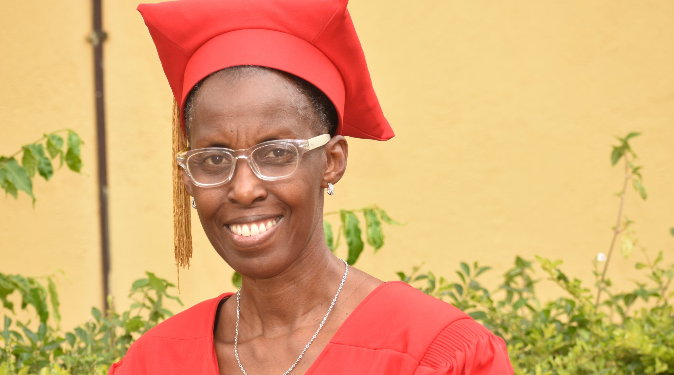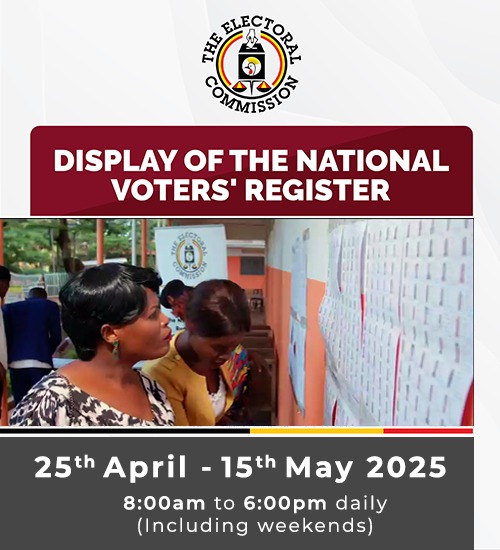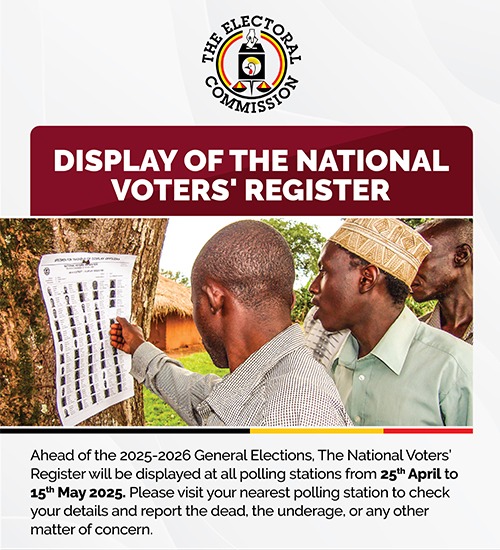Uganda Christian University has launched a Doctoral program in Journalism, Media, and Communication, the second of its kind in Uganda. The program introduces an array of innovative elements designed to meet the pressing needs of the industry, academia, and society as a whole in a dynamic and ever-evolving world of education and media. The launch of the new Ph.D. program offers a glimpse into the future of journalism, media, and communication. We had the privilege of sitting down with Prof. Monica Balya Chibita, a prominent figure in academia and Dean of the School of Journalism, Media and Communication at the University, to share her wealth of experience and insights, all while discussing the future of journalism in the face of emerging media technologies. She spoke to Our Managing Editor, Arinaitwe Rugyendo. Below are the excerpts:-
ResearchFinds News (RFN): First of all, tell us about the new Ph.D. program. How is it unique or different from similar programs on the market?
Prof. Monica Chibita: The PhD in Journalism, Media, and Communication at Uganda Christian University is the second PhD in this area on the Ugandan market. It has several distinctive features: It is offered 70% online. It has a coursework component, meaning students take several core and elective modules before they embark on their thesis. It also has a separate course for Qualitative and Quantitative Research Methods, providing adequate time for people to find their bearings.
RFN: Which thematic areas does this program address?
Prof. Chibita: The new program addresses the following thematic areas: Media, democracy, and development, Media, representation, and participation, Media and crisis (often taken together with risk) and Science and health communication.

RFN: Is that all that there is?
Prof. Chibita: Not at all. The program offers an additional course on Higher Education teaching methods, which is a great need in this field. It also offers a course on scholarly writing and publication as well as the technologies of data analysis. In essence, it foregrounds African perspectives on Journalism, Media, and Communication.
RFN: How will this help to ground your Ph.D. products better?
Prof. Chibita: A great deal. For instance, it places great emphasis on the ethics of the field as well as on a deep understanding and critique of different worldviews. It further positions the biblical worldview as a legitimate lens for academic inquiry. This is necessary for our students to gain a holistic view of things.
RFN: When you talk of a global view, I am tempted to ask you where this program is anchored.
Prof. Chibita: It is offered by a consortium of four universities based in Africa and Europe, providing a rich selection of expertise for teaching, research, and engagement in a global context. This means our products will have an unlimited worldview of things.
RFN: Which are these universities?
Prof. Chibita: The partner universities are UCU, NLA University College in Norway, the University of Kwa-Zulu Natal, and the University of Rwanda.
RFN: Who is eligible for enrollment?
Prof. Chibita: Holders of a Master’s Degree in Journalism, Communication, or any other Masters with an interest in media studies. It accommodates academics and practitioners.
RFN: The program appears to be very comprehensive. What gap in the Ugandan media studies are you trying to fill?
Prof. Monica Chibita: We are looking at several areas. The shortage of capacity for teaching at the higher level in our area means staff are likely to be mobile. We want to create a pipeline that not only supports capacity development at UCU but also at other universities in Uganda and Rwanda, and in the region to address this challenge. While there has been great growth in capabilities at the level of JMC practice, growth in research in our area here in Uganda has been slow. By creating identifiable expertise, we want to generate new knowledge and solutions that speak to local realities. Then the biblical perspective has not been integrated into academic discourse in this part of the world. We want to create an atmosphere where Christian Journalism, Media, and Communication Scholars feel free to debate other worldviews on level ground. There has been an expressed need for Science Communication. There are specific needs in the area of Health as well, but we are looking at communicating all science in a language and format that non-academic audiences can relate to. Ultimately, we want a PhD that produces knowledge and innovations that policymakers and practitioners can utilize to make a difference in society.

RFN: There have been concerns that Ugandan Ph.D. products are detached from the realities and constraints that impact the nation’s socio-economic trajectory. How is this program aligned with national objectives, particularly the NDP III, Vision 2040, and the national research agenda?
Prof. Monica Chibita: The National Research Outlook Report shows a link between improved research capacity and the attainment of National Development goals. It indicates that there were less than 2,000 PhDs awarded between 1970 and 2020, with only 3 in 10,000 who join A-level attaining a PhD. PhDs are closely linked to research, and while the quality of research in Uganda has improved, there is still room for growth. Uganda ranks 119 out of 132 countries on the global innovation index. A fresh PhD in a poorly represented area is a welcome addition. The PhD aligns with Uganda’s NDP III by enhancing productivity, and social well-being, and strengthening the role of the state in guiding and facilitating development. It addresses the right to access and impart information, which is key to democracy and development. The program is multidisciplinary and sensitive to gender inequalities in research, with special provisions for females. It emphasizes international collaboration for development through research.

RFN: As an accomplished scholar, you must be aware of concerns about the future of the newsroom in the face of new media technologies such as social media and AI. Do you believe traditional journalism is at risk? How is this PhD addressing the future of journalism here and globally?
Prof. Monica Chibita: I do not believe journalism is more at risk now than when radio or TV was invented. The key is awareness and versatility. This PhD provides clear areas of focus and opportunities for independent reading. It allows for questions about the future of the media and journalism, including AI. Scheduled forums for engagement with the media, the public, policymakers, and others are planned to ask these questions and find answers. AI is not necessarily the evil that will destroy journalism; it offers conveniences like automatic spell-checkers and other tools.
RFN: How does one enroll in this program? What are the costs, and duration, and when does the first cohort start?
Prof. Monica Chibita: To enroll, you can obtain and fill out a form from any of UCU’s campuses or use the online option at applications@ucu.ac.ug. The fees for Ugandans are 3,664 for tuition and 5,496 for non-Ugandans. Other fees are 618,000. NCHE fees are 20,000, and the Church fee is 5,000. The application deadline is Tuesday, November 24th. Classes are due to start in November this year.
RFN: Thank you for your time.
Prof. Chibita: Thank you too for the opportunity to explain our new program.
About The Author
Arinaitwe Rugyendo
Rugyendo is the Founder and Editor-in-Chief of ResearchFinds News. He’s an accomplished journalist with a rich background in the media industry in Uganda. With over two decades of experience, Rugyendo has held various roles including cab reporter, Bureau Chief, Managing Editor, and Digital Media Editor at renowned publications such as Daily Monitor and Red Pepper. Throughout his career, he has demonstrated a commitment to delivering high-quality journalism and staying at the forefront of media trends. In addition to his journalistic pursuits, Rugyendo is currently pursuing a Ph.D. in Journalism and Communication at Makerere University. He has been recognized for his outstanding leadership and commitment to social change as a Desmond Tutu Fellow and Crans Montana New Leader. Rugyendo also serves as the Chairman of Young Engineers Uganda and Uganda Premier League, showcasing his dedication to promoting excellence and growth in various fields. With a passion for driving innovation and pushing boundaries in media, Rugyendo continues to make significant contributions to the industry. His vast experience, academic pursuits, and leadership roles make him a respected figure in the Ugandan media landscape.

















